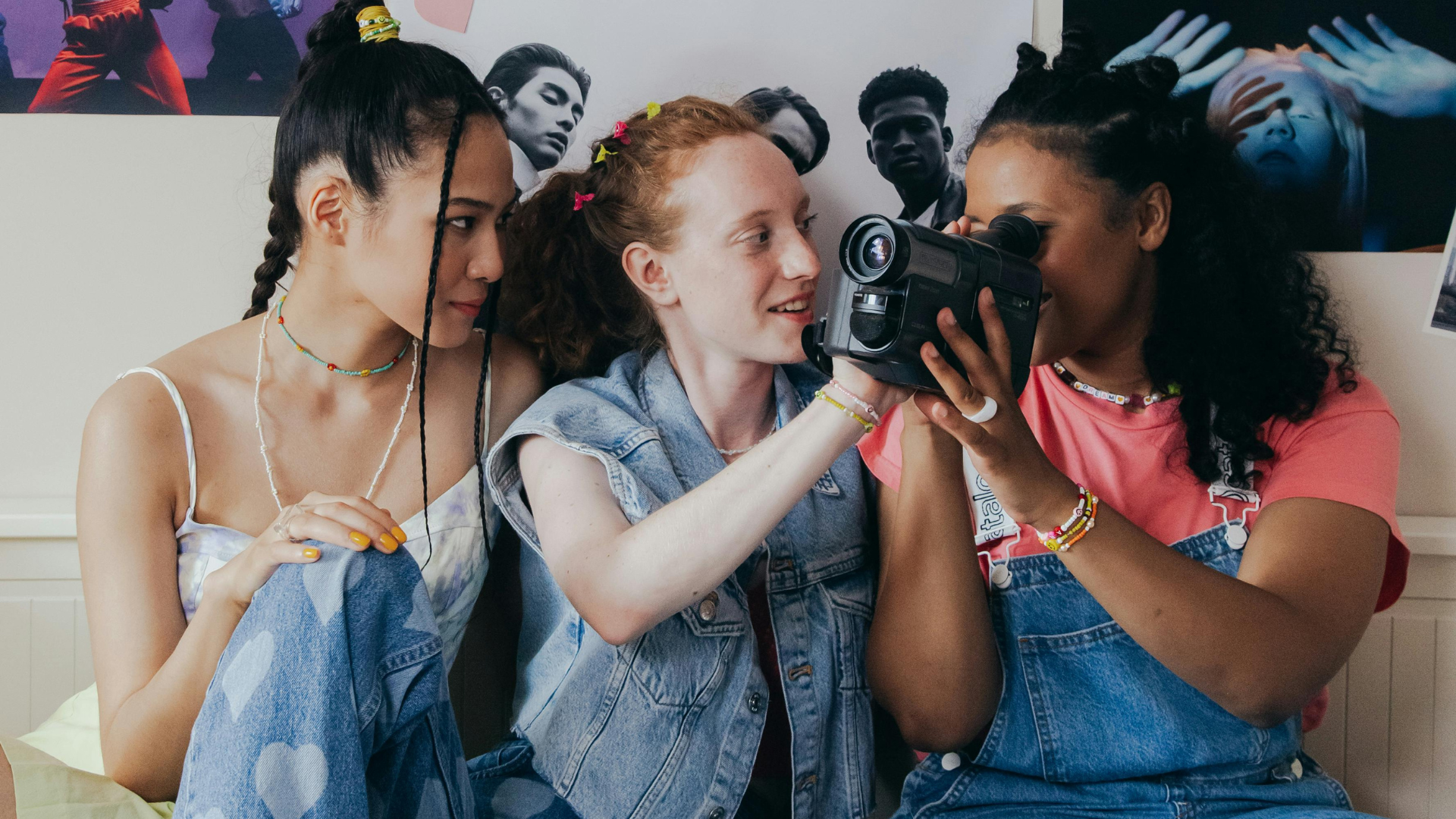Why Young People Are Talking More About Mental Health
(And Why That’s a Good Thing)
Mental health is no longer a taboo topic – and young people are leading the charge in changing the conversation. Unlike previous generations, who often felt pressure to suffer in silence, today’s youth are openly discussing anxiety, depression, and self-care in ways that were once unheard of.
But why is this happening? And why is it such a positive shift?
A Generational Shift: From Stigma to Open Conversations
Mental health has been misunderstood for centuries. In the past, it was shrouded in stigma, with people who struggled often facing shame, isolation, or even institutionalisation.
- Baby Boomers (1946–1964) – Mental health issues were often seen as weakness. Therapy was rarely discussed, and self-care was not a priority.
- Gen X (1965–1980) – Awareness grew, but talking about mental health at work or with family was still uncommon. Many people suffered in silence.
- Millennials (1981–1996) – Conversations started shifting, with therapy becoming more accepted and the rise of self-care culture.
- Gen Z (1997–2012) – Mental health is now a mainstream conversation, thanks to social media, activism, and education.
A 2023 survey by Mind found that 82% of Gen Z openly discuss their mental health with friends, compared to only 37% of Baby Boomers.
So, what changed?
Why Are Young People Talking More About Mental Health?
Social Media Has Opened the Conversation
Love it or hate it, social media has played a huge role in destigmatising mental health. Platforms like TikTok, Instagram, and Twitter allow young people to:
- Share personal experiences – People are opening up about anxiety, ADHD, depression, and more.
- Access free mental health education – Infographics, videos, and expert advice are easily available.
- Find supportive communities – Online groups offer connection and validation for those struggling.
However, not all online information is accurate, which is why using evidence-based mental health tools (like eQuoo) is so important.
Schools & Universities Are Prioritising Mental Health
Unlike previous generations, today’s students grow up learning about mental health. Schools and universities are:
- Introducing mental health education in classrooms.
- Offering well-being services, therapy, and peer support groups.
- Running awareness campaigns around stress, anxiety, and self-care.
A 2022 NHS Digital study found that 39% of young people aged 16–24 have accessed mental health support services, a massive increase compared to older generations.
The Workplace is (Slowly) Changing
While toxic productivity culture still exists, younger generations are pushing back. Many companies now:
- Offer mental health days as part of their benefits.
- Provide Employee Assistance Programmes for therapy and support.
- Encourage open conversations about well-being.
Young professionals are more likely to demand healthy work environments, proving that mental health isn’t just a personal issue – it’s a workplace issue too.
Why This Shift Is a Good Thing
Less Stigma, More Support
Talking openly about mental health normalises struggles, making it easier for people to seek help without fear of judgment.
Early Intervention Saves Lives
When young people feel safe talking about their emotions, they’re more likely to seek help before things escalate. Studies show that early intervention can significantly reduce the long-term impact of mental illness.
A More Emotionally Resilient Generation
By learning about mental health early in life, young people are developing coping strategies and emotional intelligence, leading to better long-term well-being.
Building Resilience with eQuoo
Talking about mental health is only the first step – learning how to manage stress, anxiety, and emotions effectively is just as important.
What is eQuoo?
eQuoo is a science-backed, gamified mental health app that helps young people:
- Learn emotional skills through interactive storytelling.
- Develop resilience using Cognitive Behavioural Therapy techniques.
- Develop relationship skills – Helping users build stronger connections, set boundaries, and improve communication.
Why it’s effective: eQuoo’s engaging, gamified format makes learning mental health skills fun and accessible.
Beyond Awareness to Action
While talking about mental health is a huge step forward, the next challenge is ensuring that young people have the right support and tools to manage their well-being effectively.
How We Can Keep Moving Forward
- Encourage open conversations – Keep breaking the stigma.
- Push for better mental health services – More funding, accessibility, and education.
- Use evidence-based mental health tools – Apps like eQuoo help build resilience in an engaging way.
The fact that young people are talking more about mental health is a positive shift – but real change comes when we combine awareness with action.
To find out more about eQuoo, get in touch using the form below to earn more about how we can support you.


